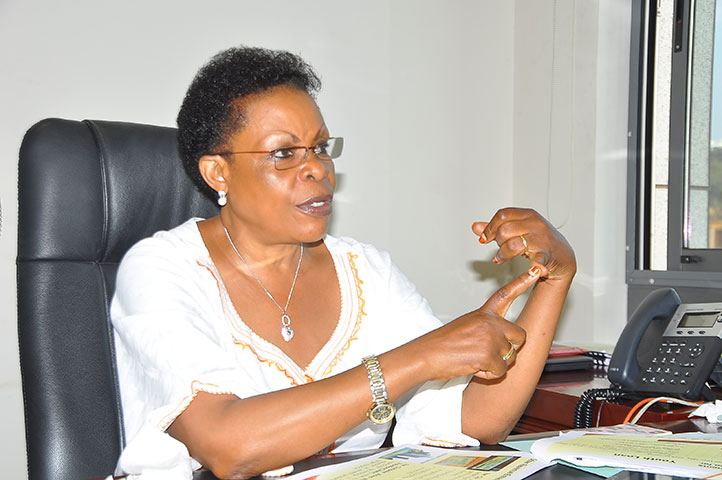Over 35% of public servants in Uganda paid bribes to secure their jobs, and many of those hired may not have been the most qualified or suitable candidates, according to Inspector General of Government (IGG) Beti Kamya.
The findings follow a comprehensive investigation by the Inspectorate of Government into the financial and social impact of corruption in Uganda’s District Service Commissions. The study revealed that job seekers were asked to pay an estimated Shs 78 billion in bribes, of which Shs 29 billion was actually paid.
Manifesting through bribes, nepotism, embezzlement, and other illicit financial flows, the increasing levels of corruption have retarded the provision of public services and caused a significant loss of funds.
According to the Inspectorate of Government, Uganda loses Shs 10 trillion on an annual basis through corruption-related dealings. The vice has led to loss of trust in government, poor infrastructure, delays in project implementation, low investments, poor social service delivery, and loss of life.
The Corruption Perceptions Index (CPI) 2024 indicates that Uganda is ranked 140 out of 180, scoring only 26. The CPI ranks 180 countries and territories around the globe by their perceived levels of public sector corruption, scoring on a scale of zero (highly corrupt) to 100 (very clean).
According to the IGG, Uganda’s public job market is riddled with corruption, particularly in the recruitment processes of the local government sector. In the 20 districts surveyed, entry-level jobs required bribes averaging Shs 3 million, while senior-level positions fetched between Shs 40 to 50 million.
“Somebody showed us they went to the bank or their SACCO and borrowed Shs 30 to 40 million just to pay for a job,” Kamya said. “And they do it because they know as district engineers, for example they can recover that money from just one contract.”
Kamya emphasized that such corrupt hiring practices severely undermine the quality of public service delivery, as individuals recruited through bribery may not have the necessary qualifications.
“If they are not qualified and they bought the jobs, should we really be surprised when new school buildings collapse or show cracks just months after construction?” she asked.
The education sector was singled out as the most affected, accounting for Shs 36.9 billion of the estimated bribes. The shortlisting stage in the recruitment process was identified as the most opaque and vulnerable to corruption.
Over the past three years, more than 400 public officers have been dismissed after being found to have obtained their jobs through fraudulent means including bribery and forged documents.
“Of those, 276 officers were interdicted and referred to their respective District Service Commissions for disciplinary action,” Kamya revealed.
The IGG also criticized the culture of silence around recruitment corruption.
“People give money, keep quiet, and everyone pretends nothing happened. Today, what we take home is this: Let people speak out,” added Ben Kumumanya, Permanent Secretary at the Ministry of Local Government.
Political interference was also cited, with some district chairpersons using recruitment as a tool to reward political allies, further eroding merit-based hiring.
Herbert Otim, Chairperson of the District Service Commission in Kapelebyong, highlighted another often-ignored player in the corruption chain the Chief Administrative Officer (CAO).
“The CAO controls the budget, can remove you from the payroll, or even deny you transport. That’s a powerful office, and not easy to talk about but it’s central to this problem,” Otim said.
There are growing calls among stakeholders for urgent reforms to ensure District Service Commission appointments are based on merit, not money or political loyalty.



















